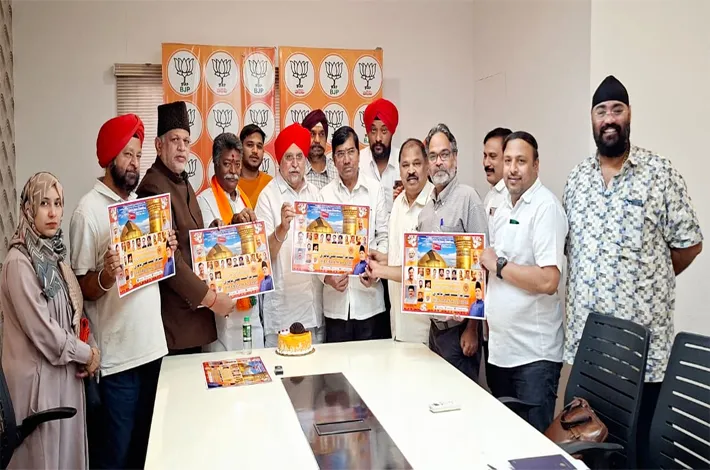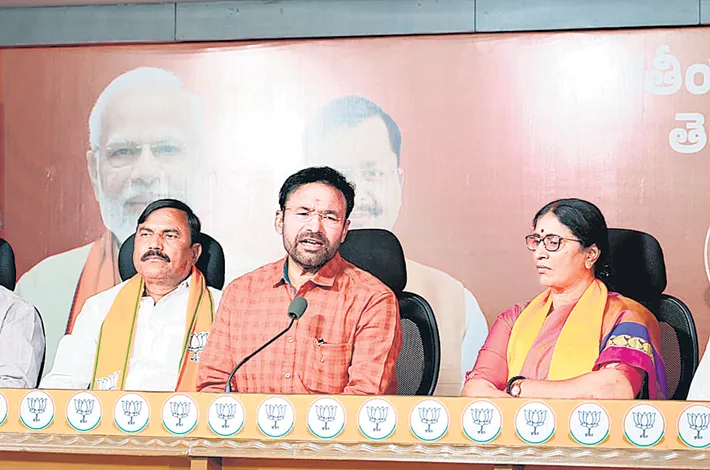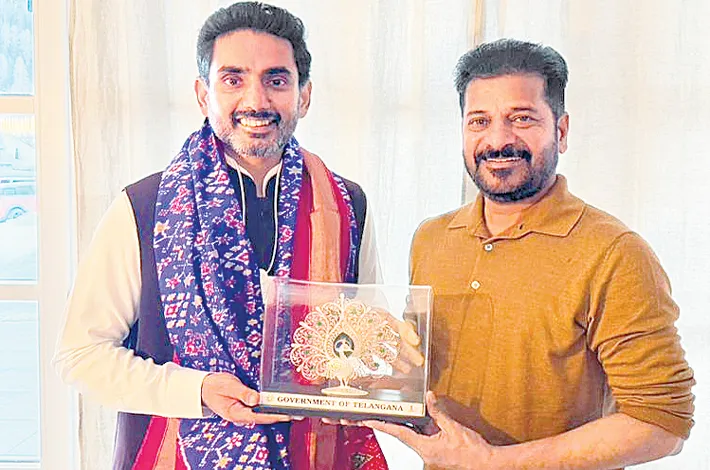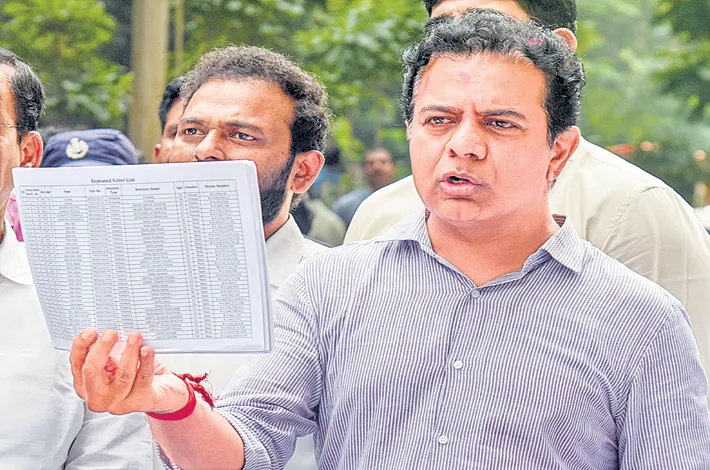The Heart of Ananda Nilayam
18-10-2025 12:00:00 AM

In the lush village of Sitanagaram, where paddy fields swayed under the sun’s golden gaze, stood Ananda Nilayam, a sprawling ancestral home that held the legacy of the Naidu family. The Zamindar, Raghupati Naidu, was a man of boundless charity, his heart as vast as the fields he owned. His son, Jagapati, and daughter, Parvati, grew up in this haven of generosity, but their lives diverged when Parvati married Chakradhar, a man of modest means who lived with them in matrilocality. Their son, Prasad, was the light of Ananda Nilayam, his laughter echoing through its corridors alongside Padma, Jagapati’s eldest daughter, a girl with eyes like monsoon clouds and a spirit as gentle as a temple breeze.
Prasad and Padma were inseparable from childhood, their bond woven through stolen glances during festival dances and shared secrets under the ancient banyan tree. The elders, noticing their unspoken love, blessed their future union, envisioning a marriage that would bind the family closer. But fate, like a wayward river, carved a different path. Raghupati’s excessive charity strained the family’s wealth, and tensions flared with Chakradhar, who valued self-reliance over philanthropy. A heated argument ended in tragedy—Raghupati collapsed, and Jagapati, blinded by grief, blamed Chakradhar. The family splintered. Chakradhar, Parvati, and young Prasad left for the city, leaving Ananda Nilayam shrouded in silence.
Years passed, and the once-grand estate teetered on the edge of ruin. Jagapati, now the Zamindar, continued his father’s charitable ways, amassing debts to the cunning moneylender Bhujangam. His three daughters—Padma, Latha, and Rama—pursued studies in the city, unaware of their father’s struggles. Padma, now a woman of grace and resolve, carried the weight of her father’s honor in her heart. In the city, destiny reunited her with Prasad, now a determined young man with his father’s integrity and his mother’s kindness. Their childhood friendship reignited, and love blossomed like jasmine in the night, tentative yet undeniable.
One evening, under the neon glow of a city café, Prasad confessed, “Padma, you’re my Ananda Nilayam—my home, my peace. I’ve loved you since we carved our names on that banyan tree.” Padma’s heart raced, but her smile faltered. “Prasad, our families are broken. My father forbids it. How can we build a future on such fragile ground?” Yet, their hearts refused to yield, meeting in secret, their love a quiet rebellion against fate.
Back in Sitanagaram, Jagapati’s debts mounted. Bhujangam, sensing opportunity, schemed to seize Ananda Nilayam. Jagapati, desperate to preserve his legacy, planned to sell the family’s heirloom jewelry, only to discover it stolen by Garataiah, his treacherous manager. Meanwhile, Latha, Padma’s sister, fell for Madhu, Bhujangam’s son, complicating the family’s plight. When Jagapati confronted Bhujangam, a scuffle led to his brief imprisonment, and Ananda Nilayam was put up for auction. Prasad, learning of this, used his savings to buy the estate, intending to return it to Padma’s family, a silent vow of his love.
Padma, torn between loyalty to her father and her heart’s call, faced Jagapati’s wrath when he learned of her meetings with Prasad. “You betray our honor!” he thundered, unaware of Prasad’s sacrifice. Heartbroken, Padma agreed to step back, whispering to Prasad, “If love means letting go, I’ll do it for you.” But Prasad, undeterred, took on a daring guise as Atmaram, a mysterious figure haunting Bhujangam and Garataiah to recover the stolen jewelry.
One stormy night, Prasad uncovered Bhujangam’s treachery. In a darkened room, Bhujangam, mistaking Prasad’s friend Anand for him, attacked, but Prasad saved Anand, retrieving the jewelry. He orchestrated a gathering at Ananda Nilayam, where truths unraveled like threads of a tapestry. Jagapati, seeing the recovered jewels and learning of Prasad’s efforts, felt the weight of his misjudgments. Parvati, now frail but hopeful, stood beside her son, her eyes pleading for reconciliation.
In the courtyard, under the same banyan tree where their love began, Jagapati embraced Parvati, tears mending years of rift. “Prasad, Padma,” he said, voice trembling, “your love has healed us all.” Bhujangam, shamed by his son Madhu’s integrity, sought forgiveness, and the families united. Prasad took Padma’s hand, their childhood carvings still etched on the tree, now a symbol of enduring love. As the moon rose over Ananda Nilayam, Prasad whispered, “Our home is whole again, and you’re its heart.” Padma smiled, her monsoon eyes reflecting a future bright with promise.








